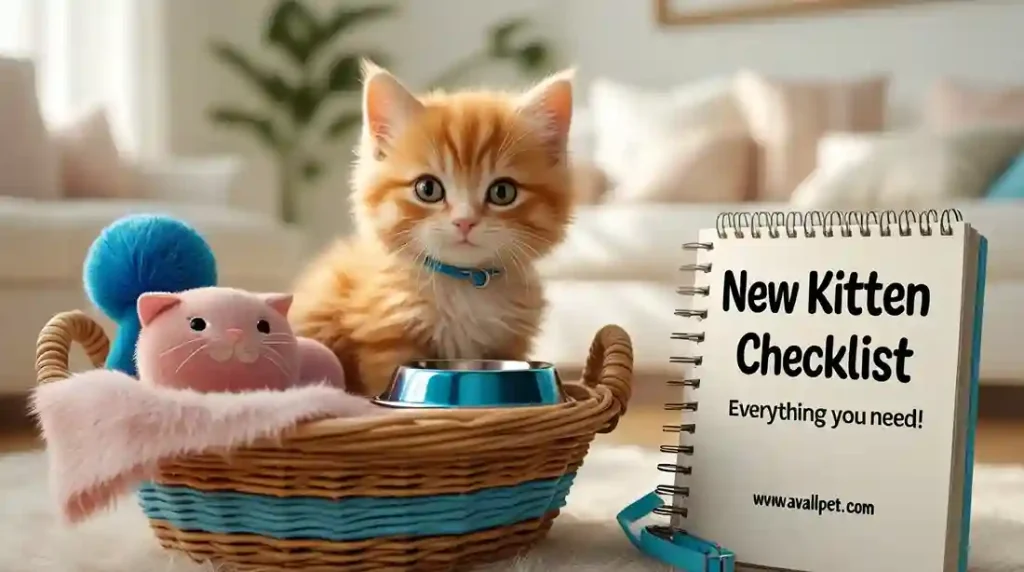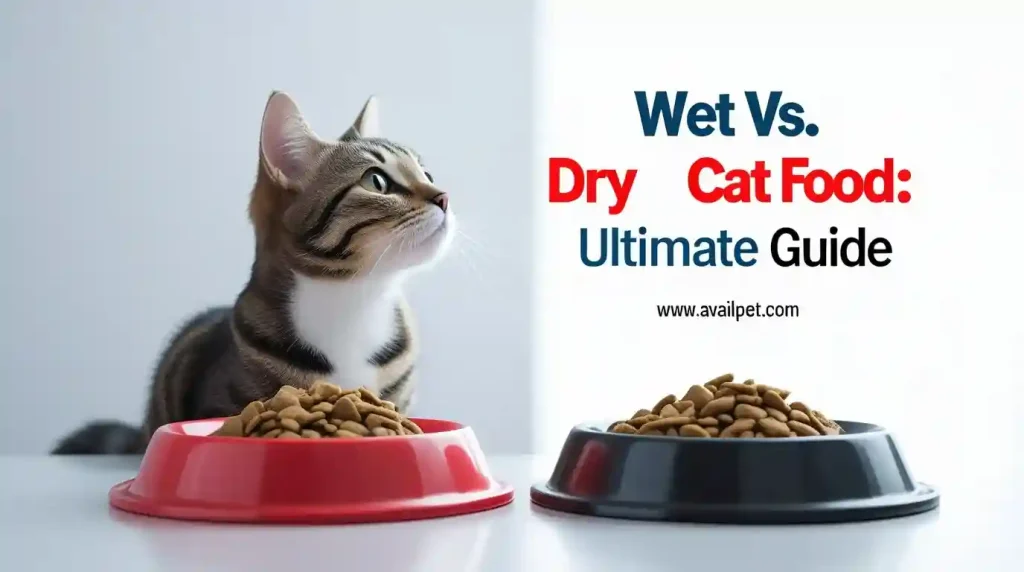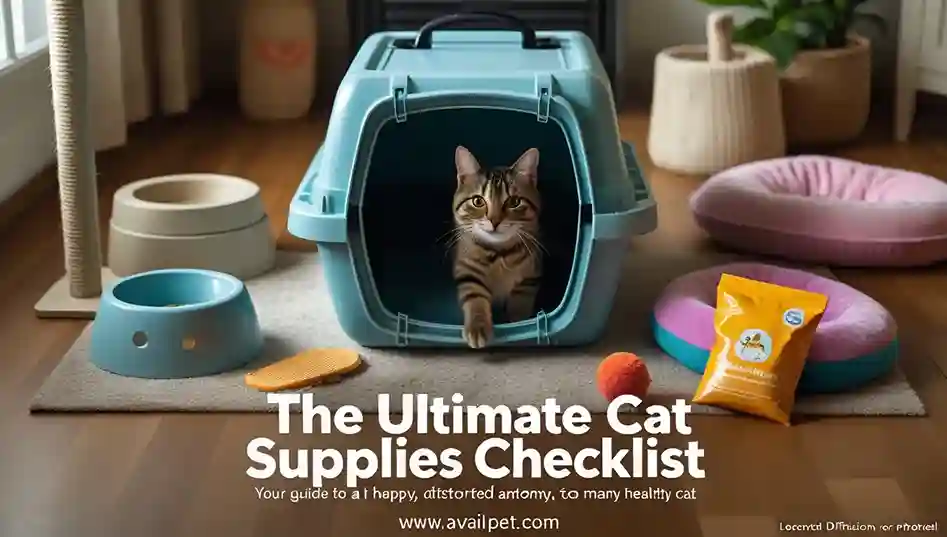That faint, persistent rustling sound—followed by the sight of your cat intently licking a plastic bag—is a common yet puzzling scenario in many households. This odd feline habit, while seemingly harmless, can leave owners both amused and concerned. Is it a quirky preference, or could it signal something more? Understanding this behavior is crucial for your cat’s well-being and is a key topic in our guide to Common Cat Behaviors. Let’s unravel the mystery behind why do cats lick plastic.
Quick Answer: The Plastic Licking Mystery Solved
- Most Common Reason: Sensory Appeal. Cats are often fascinated by the unique texture and crinkly sounds of plastic, which can mimic prey movements.
- Most Serious Concern: Pica. This is a condition where cats compulsively eat non-food items. It can indicate underlying nutritional deficiencies or health issues and requires veterinary attention.
- Immediate Action: Remove plastic access and monitor your cat’s behavior closely. Provide safe, alternative items to lick and chew, such as cat grass or approved toys.
- When to Worry: Contact your veterinarian if your cat tries to eat the plastic, if the licking becomes compulsive and frequent, or if it’s accompanied by other symptoms like lethargy or vomiting.
Key Takeaways: Essential Plastic Licking Facts
- Common But Concerning: While many cats lick plastic, it can sometimes signal underlying health or behavioral issues that need addressing.
- Multiple Causes: The reasons range from harmless (texture preference) to serious (nutritional deficiencies, pica).
- Pica Warning: Compulsive plastic eating is a serious condition called pica and requires immediate veterinary investigation.
- Safety Risk: Ingesting plastic can lead to choking hazards or life-threatening intestinal blockages.
- Prevention is Key: The best strategy is to remove plastic access and provide appealing, safe alternatives for your cat.
The Plastic Bag Mystery: Why Cats Love Licking Bags
While cats may lick various plastics, plastic bags hold a particular fascination. This isn’t random—several specific factors make bags an irresistible target for feline licking.
- Sound Amplification: The crinkly sound of a plastic bag may mimic the rustling of prey in the wild, triggering your cat’s hunting instincts and curiosity.
- Residual Food Scents: Plastic bags often carry lingering food odors from the grocery store or your kitchen, making them particularly appealing to investigate.
- Animal-Based Coatings: Some plastics are manufactured with stearates, which are derivatives of animal fat. Your cat’s keen sense of smell can detect these subtle, appealing traces.
- Hiding/Playing Instinct: The lightweight, movable nature of bags triggers natural playing and hiding behaviors. The licking can be part of this exploratory and playful interaction.
The 6 Main Reasons Cats Lick Plastic
Understanding the range of causes, from benign to serious, is key to addressing this behavior effectively.
1. Sensory Appeal: Texture and Sound Fascination
Many cats are simply captivated by the unique sensory experience. The smooth, cool surface combined with the crinkly sounds provides novel stimulation that they find satisfying to touch and taste.
2. Interesting Smells and Tastes
Beyond bags, plastics can retain odors from manufacturing or previous contents. Your cat’s powerful sense of smell drives them to investigate these interesting scents through licking.
3. Nutritional Deficiencies and Pica
This is a serious medical concern. Pica—the compulsive consumption of non-food items—can be driven by underlying issues like anemia or specific mineral deficiencies. The behavior is your cat’s way of trying to satisfy a missing nutritional need.
4. Stress or Boredom Relief
Repetitive licking can be a displacement behavior for cats experiencing stress, anxiety, or simple boredom. The act provides a soothing, repetitive outlet for their pent-up energy or anxiety. Similar to how stress can manifest as a cat meowing constantly.
5. Feline OCD Patterns
In some cases, plastic licking can evolve into a compulsive behavior, similar to Obsessive-Compulsive Disorder in humans. This often requires professional behavioral intervention alongside veterinary care.
6. Dental Pain Soothing
The cool, smooth surface of plastic might feel soothing on sore gums or an aching tooth. If your cat is experiencing dental disease, they might seek out plastic as an unusual way to alleviate oral discomfort.
Serious Health Risks of Plastic Licking
While occasional licking might seem harmless, it’s crucial to understand the significant dangers plastic poses to your cat’s health.
- Choking Hazards: Small pieces of plastic can easily be torn off and become lodged in your cat’s throat, leading to a life-threatening choking incident.
- Intestinal Blockages: If swallowed, plastic can create a dangerous obstruction in your cat’s digestive system. This is a medical emergency that often requires expensive surgery and can be fatal if not treated promptly.
- Chemical Toxicity: Many plastics contain harmful chemicals like phthalates and BPA. While licking might not cause immediate poisoning, repeated exposure or ingestion can lead to toxic buildup over time.
How to Stop Plastic Licking: Safe Solutions
Addressing this behavior requires a multi-faceted approach focused on safety and redirection.
1. Environmental Management
- Remove plastic access by storing bags, wrappers, and packaging in secure cabinets
- Immediately dispose of plastic shopping bags and food wrappers
- Use reusable containers instead of plastic wrap for food storage
2. Provide Safe Alternatives
- Offer cat grass for safe chewing and grazing
- Provide textured rubber or silicone toys for appropriate chewing
- Use puzzle feeders to satisfy oral fixation mentally
3. Stress Reduction and Enrichment
- Calming supplements can help reduce anxiety-driven licking
- Increase interactive playtime to burn excess energy
- Create a predictable routine to minimize stress triggers
4. Behavioral Deterrents
- Apply pet-safe bitter sprays on plastic items (if they can’t be removed)
- Use double-sided tape on surfaces where plastic accumulates (cats dislike sticky textures)
5. Veterinary Consultation
- Essential for ruling out medical causes like pica, anemia, or dental disease
- Your vet can recommend blood tests to check for nutritional deficiencies
- They may suggest prescription diets or supplements if deficiencies are found
When to Call the Vet Immediately
Contact your veterinarian right away if you notice:
- Any plastic consumption – even small amounts can cause blockages
- Compulsive, frequent licking that interferes with normal activities
- Additional symptoms like vomiting, lethargy, loss of appetite, or drooling
- Signs of distress such as pawing at the mouth or difficulty swallowing
If you suspect your cat has swallowed plastic, don’t wait for symptoms to appear. Seek emergency veterinary care immediately, as intestinal blockages can become life-threatening within hours.
FAQs about why do cats lick plastic
Is plastic licking dangerous if my cat doesn’t eat it?
Yes, it can still be concerning. While the immediate choking risk is lower, frequent licking can:
- Indicate an underlying medical issue like pica or nutritional deficiency.
- Lead to accidental ingestion over time.
- Be a sign of stress or compulsive behavior that needs addressing.
Why is my cat obsessed with plastic bags specifically?
Plastic bags combine several appealing factors:
- Crinkly sounds that trigger hunting instincts.
- Food residues and animal-based coatings (stearates).
- Lightweight texture that’s satisfying to manipulate.
- Novel smells from manufacturing and handling.
What nutritional deficiency causes plastic licking?
The most common deficiencies linked to pica (eating non-food items) include:
- Iron deficiency anemia.
- Fiber deficiency.
- Mineral imbalances (especially zinc or magnesium).
- Your veterinarian can perform blood tests to identify specific deficiencies.
Is plastic licking normal in kittens?
Kittens are naturally curious and explore the world with their mouths, so occasional investigation of plastic is common. However, consistent or compulsive licking should be addressed early, as it can develop into dangerous habits in adulthood.
Conclusion
Understanding why do cats lick plastic helps you balance appropriate concern with practical solutions. While some cats simply enjoy the sensory experience, this behavior can also signal important health issues that need veterinary attention. By providing safe alternatives, managing your cat’s environment, and staying vigilant about potential risks, you can ensure your feline friend stays both happy and healthy.
This unusual behavior is just one piece of understanding your cat’s complex world. For more insights into feline habits, explore our guides on the mysterious compulsion behind why cats knock things off tables or the comforting ritual of cat kneading.
Sources
- American Association of Feline Practitioners (AAFP). (2022). Feline Behavior Guidelines.
- Landsberg, G., Hunthausen, W., & Ackerman, L. (2013). Handbook of Behavior Problems of the Dog and Cat (2nd ed.). Elsevier.
- International Cat Care. (2023). Vocalisation – when is it a problem?
- Cornell Feline Health Center. (2022). Feline Hyperthyroidism.






